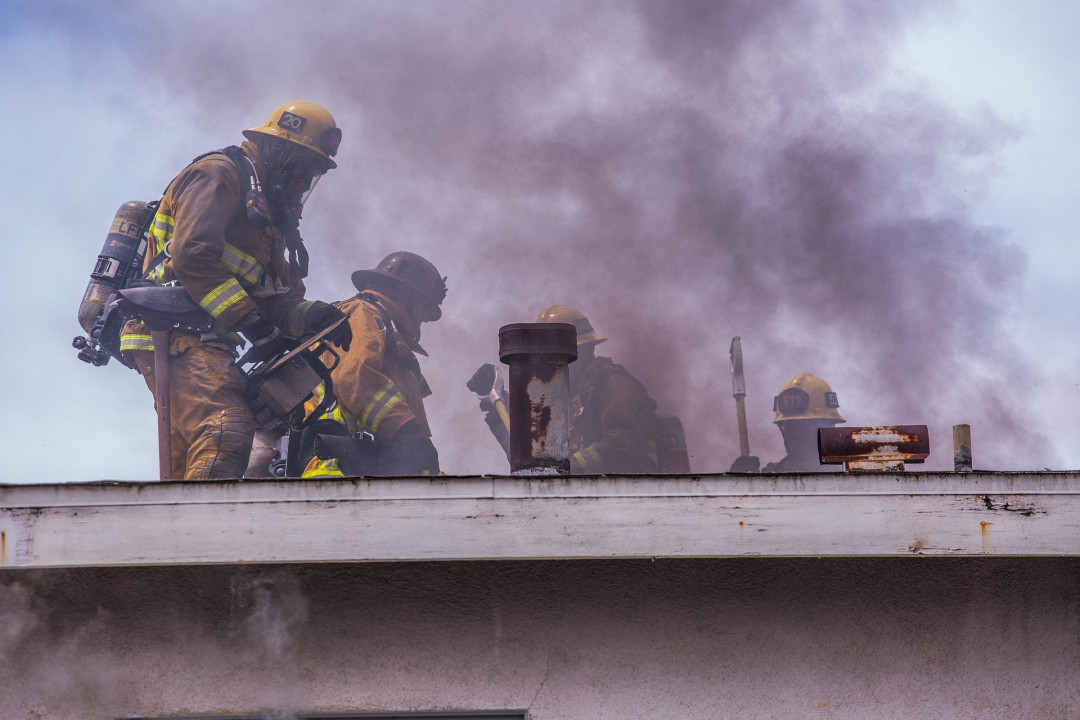We all like to think that disasters will never happen to us. It's human nature. But the truth is that disasters can happen to anyone at any time, so it's worth being prepared. Homes can be damaged from a natural disaster, fire, burst water main, or any of many other disasters. However, whatever the source of the damage, you'll need professional help to recover. So if your home has been struck by disaster, contact a TrustDALE certified disaster restoration company for help.
Preparing For the Worst
Disaster is never expected, but disaster restoration experts have a few ways you can be prepared. A little preparation can help with the insurance process should your home ever be damaged. It can help you get the most out of your policy and ultimately get back on your feet after a disaster.
Documenting Property
When your home is damaged, many, if not all, of your belongings can be affected. Ideally, your homeowners insurance would cover the cost of replacing all of your damaged belongings. But to get the full coverage, you'll need some record of what you had before the disaster. Thankfully, modern technology makes this an easy process.
Twice a year—some experts suggest New Year's Day and Independence Day—take an inventory of your home. Instead of writing everything down, just pull out your phone and take photos. Open a closet and take some pictures of its contents. Make sure to open cupboards and drawers for a quick photo.
Once you have a photographic record of your belongings, you need to store that information safely. Uploading your photos to the cloud is the most reliable way to preserve them. If you're not sure how to get your pictures in the cloud, you can simply email them to yourself. You can also load the photos onto a USB drive that you store in a location away from your home.
The Right Kind of Insurance
When disaster strikes, the most common way for people to recover is by filing an insurance claim for the damage. After all, the whole point of insurance is to protect you in case of the unexpected. But the type of insurance policy you have could have a significant effect on just how much you receive to pay for the damage.
There are two primary types of insurance coverage: Replacement Cost (RC) and Actual Cash Value (ACV). The difference between the two is how they handle depreciation.
Actual Cash Value insurance is based on the value of your property at the time it was destroyed. To determine the value, your insurance company starts with an item's estimated purchase price. Then they deduct value by the same percentage as the percentage of the item's expected lifespan that has passed. So the coverage may be much less than it would cost to replace the lost item with a new one.
Replacement Cost insurance is much more straightforward. It does not account for depreciation, so the coverage value is figured directly according to how much it would cost to actually replace the damaged property. Obviously, this type of coverage will help you recover more completely than ACV insurance, but it comes at a cost. RC policies include higher premiums.
To decide between types of coverage, it is worth considering how much help you would need to recover from a disaster. If you have considerable savings and set aside some of that in an emergency fund, you may be able to bankroll part of the restoration yourself. In that case, lower premiums for less coverage make sense. But if you would rely on your insurance alone to help you recover, it makes more sense to pay a little more so that you're fully covered in an emergency.
Have a Plan for Who to Call
When disaster strikes, it can be challenging to stay level-headed in the face of severe damage to your home and its contents. Many less-than-scrupulous contractors know this, and they will follow storms and extreme weather, offering their services for disaster restoration. They know you will make a decision in desperation, and they take advantage of that.
One common tactic scammers will use is pressuring you to make a decision now. The salesperson may offer deep discounts if you sign a contract on the spot. They may even suggest you don't have time to talk to a partner. This is a tactic to get you to make poor decisions without considering them. A contractor may be trying to hook you into overpriced or unnecessary services. Some may not even intend to do the work and will just take your money and disappear.
One way to make good decisions in the face of disaster is to have a plan for who to call. Prepare a list of family members or friends you don't want to forget to contact. Include a TrustDALE certified disaster restoration expert on the list. Working with an expert from the start is the best way to make sure you get all you need to rebuild. From working with your insurance company to performing the highest-quality restoration work, TrustDALE certified disaster restoration specialists can help you rebuild.

